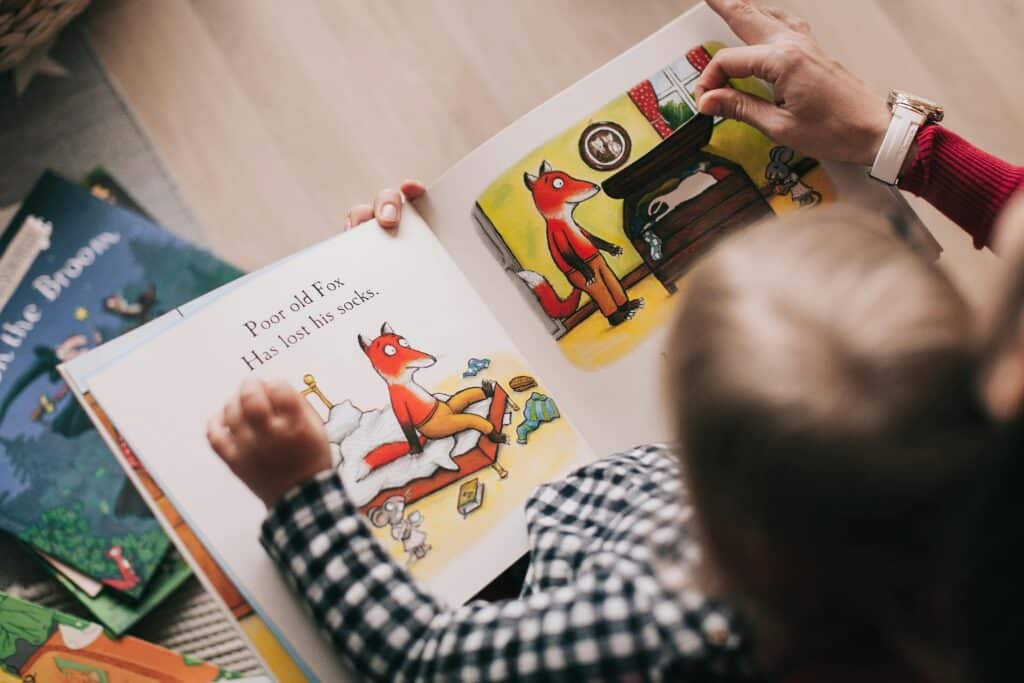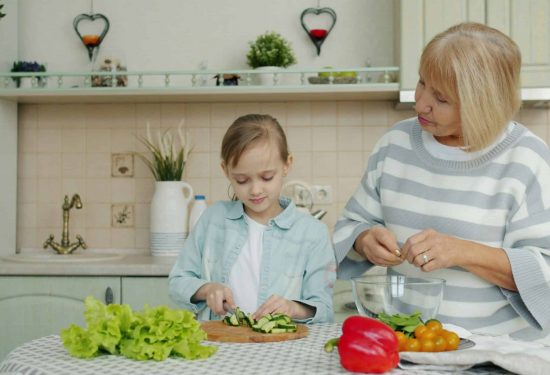In recent years, severe climate and weather disasters in the U.S. have become more frequent. In July 2025, heat waves, wildfires, and the onset of hurricane season are once again top of mind, particularly as the start of 2025 has been one of the hottest on record. Our thoughts are also with the communities in Texas affected by the recent devastating flash flooding.
Climate disasters can have serious consequences for the health and well-being of children and families. They can also disrupt the trusted care networks that are critical to children’s growth and learning and to families’ livelihoods. We’ve recently seen this in North Carolina after Hurricane Helene and again following the wildfires in Southern California. Strengthening disaster preparedness, response, and recovery for families and for caregivers and providers is more important than ever.
At Home Grown, we’ve launched the Home-Based Child Care (HBCC) Emergency Fund for Severe Weather and National Disaster Response to meet this challenge. Thanks to the hard work and dedication of our partners on the ground, in this past year, the Fund has reached HBCC providers and caregivers in North Carolina, Florida, Arkansas, and Southern California to provide direct cash assistance in the aftermath of climate disasters. This work highlights the strength and resilience of HBCC providers and caregivers, who play central roles in community recovery. Yet, it also reminds us that recovery can be long and responsive, inclusive systems of support are needed.
We are honored to share stories from partners and providers in Los Angeles County, which demonstrate both the challenges and community responses that have emerged in the wake of the January 2025 fires. In this blog, Ashley Alvarez, LA native, independent writer, and Home Grown collaborator, illustrates how HBCC providers and caregivers can be uniquely sensitive to the impacts of natural disasters when damages to their home and community can also mean damage to their businesses and livelihoods. Housing shortages, high costs of living, displacement, and bottlenecks and delays in accessing insurance and reimbursements can all complicate recovery. At the same time, these stories also spotlight remarkable resilience and community support. They reflect the commitment of HBCC providers and caregivers who continue to care for children and communities even as they rebuild their own lives.



